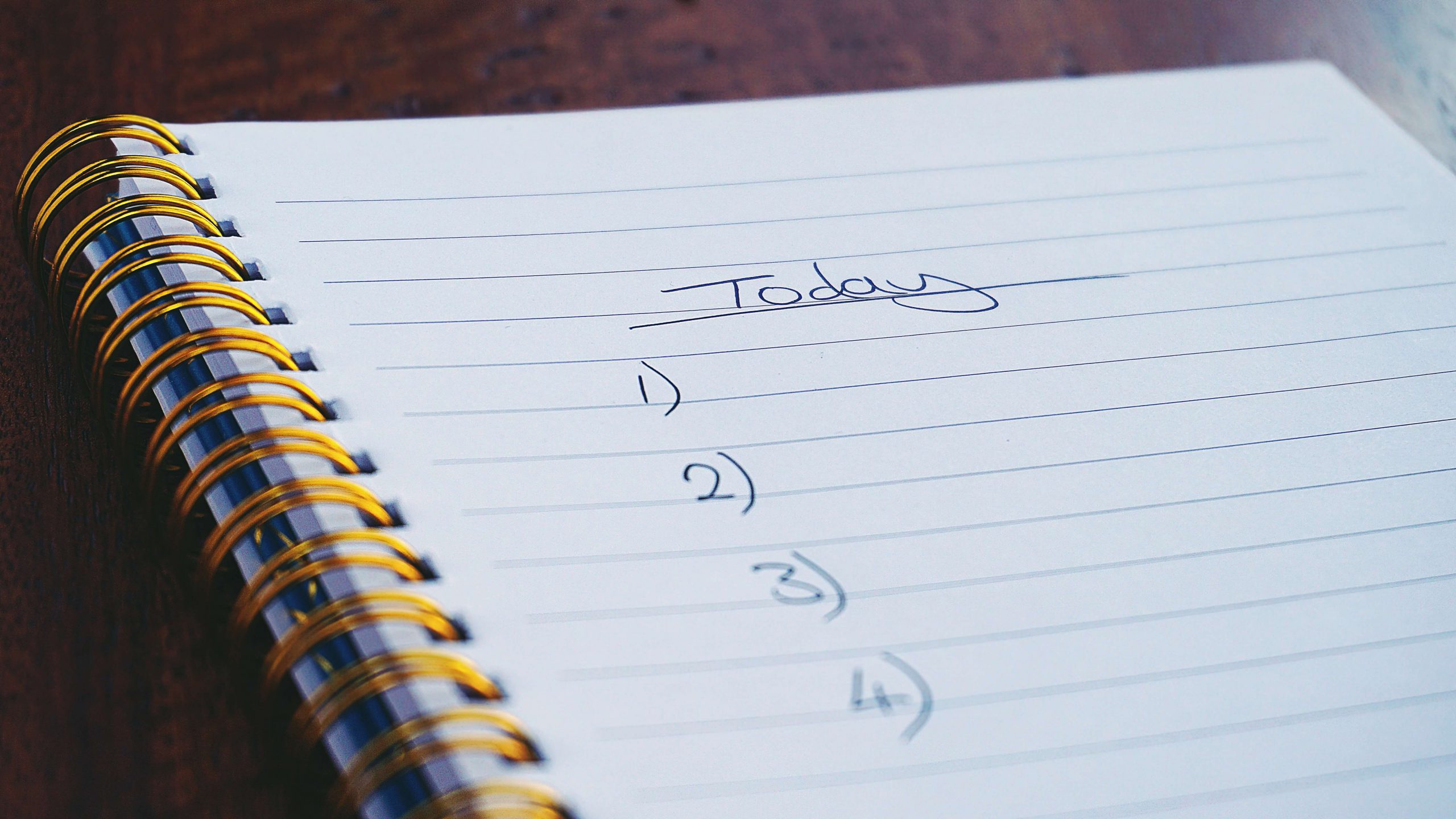You’ve been focused on getting your students working. But what about you? Many teachers tell us here at Wacom that they find it difficult to get motivated when working remotely.
Maybe you’re distracted by Netflix, a good book, or long lie-ins. Or are you struggling to balance the demands of your family? Perhaps you feel teaching is creeping into every part of your home life.
Whatever’s stopping you from feeling engaged with remote teaching, we’re here to help. We’ve compiled ten ways to keep yourself motivated despite the distractions of home.

1: Create work/ home separation
Find a quiet space to work in, avoiding using your bedroom wherever possible. Organise your day into blocks of time for schoolwork and give yourself plenty of breaks in between–just make sure they don’t become too long.
Unless you’re on a live teaching schedule, you have the freedom to find the timings that work best for you. But don’t put off work. The longer you wait, the less motivated you’ll feel to get started.
2: Recreate the feeling of going to work
For many, the joy of homeworking is staying in your PJs all day. However, wearing professional clothes creates the feeling that it’s time to work.
Recreate the familiar routine of going to school. Have a shower and get dressed. Eat breakfast and set a time for starting work. Get outside or complete a quick exercise routine to boost your mood and motivation for getting started.
3: Create variety
Part of the joy of teaching is how varied it is. Working at home can ruin that feeling. Without the interaction with staff and students, you might feel stuck in an endless loop of tasks to complete. No wonder you don’t feel like doing anything.
Don’t feel chained to your desk. Try working in different parts of your house. Changing the space around you can recreate that feeling of variety. Work in your garden or visit a café or library.
4: Prioritise tasks
It’s easy to put off essential tasks. But before long you’re facing huge piles of work and short deadlines. Do what you need to do first, rather than what you want to do. It takes an enormous pressure off your day.
Make a to-do list either on paper or using an online planner such as Trello. Organise it by priority so you can see at a glance what needs doing first. The night before, choose two or three tasks to complete the following day. Anything else will be a bonus.
Lots of teachers find they are more productive in mornings, so do the hardest work first. Save routine admin for later in the day when you’re less focused. Think about when you’ll have uninterrupted time for planning virtual lessons and assessments.
5: Turn off notifications
When you lose concentration, it’s hard to get back on task. Constant notifications from your phone and computer will keep you from getting anything done. Before you know it, you’re scrolling through Instagram rather than working.
Avoid trying to multi-task. Focus on one job at a time and you’ll find your productivity rate soars. Create chunks of time for checking emails rather than allowing them to interrupt you all day.
6: Find an accountability friend
You’re not alone in struggling to find motivation. Ask a trusted colleague if they can help you stay on track. Use a quick call or email to share your plans for the day or week ahead. Tell them how you got on and expect them to challenge you about why you’ve not met your goals.
If you haven’t got someone to turn to, social media groups can help. Use Twitter hashtags or Instagram searches to find other teachers or look on Facebook for groups to join. There are plenty of educators looking for an accountability buddy.
7: Give yourself breaks
A teacher’s work is never done. You can feel swamped by the sheer number of tasks. You’ll burn out if you try to do everything.
Look at productivity techniques such as the Pomodoro Technique to maximise the work you can do in short periods of time. Take regular breaks away from your computer, have a proper lunch break, and get outside where possible.
When you’re not working, enjoy hobbies and interests that differ completely from teaching. Explore mindfulness techniques and activities that will boost your mental wellbeing.
8: Make time for your health
Building exercise into your routine helps you feel motivated. Try exercising first thing in the morning before work, rather than late in the evening. It will boost your productivity.
Try:
- A brisk walk around your local area
- Exercise classes
- A trip to the swimming pool
- Yoga or Pilates sessions
- An exercise bike or running machine
Prepare lots of healthy snacks to stop you reaching for unhealthy processed foods during the day. Eat lightly every few hours and drink plenty of water.
9: Reward yourself
Think about reluctant students in your classroom. You often motivate them with simple rewards. Do the same when working from home. Tell yourself, ‘when I finish X, I can do Y.’ Celebrate every small win, rather than looking at the whole day.
This doesn’t mean eating a biscuit every ten minutes. Sugary treats feel great whilst you’re eating them, but damage your productivity. Make the things you love doing the reward you get for working.
10: Remember why you’re doing it
No one becomes a teacher for the money and prestige. You work hard because you care about your students and want them to succeed.
Your students are at home feeling lost and confused. They need stability and role models. It’s important to show them it’s business as usual for all of us.
When you feel unmotivated, take a few moments to remember the faces of your class. Think about what makes them special. Remembering why you’re doing this job is a great motivation boost.

Final thoughts
Working at home creates a disconnect between you and your students. Normally you experience that buzz of success after every great lesson. Learners will thank you for your work and you can see the difference you’re making in their lives. Distance teaching takes away that instant gratification.
No one feels motivated all the time. We all have periods when we want to put off work or get distracted by our home life. Getting organised and deciding priorities will help reduce the feeling of overload that makes distractions more tempting.







